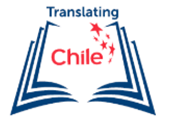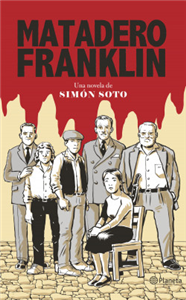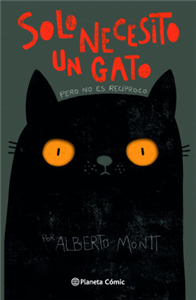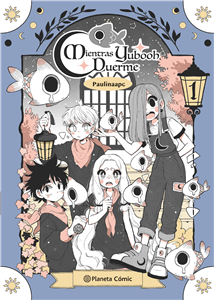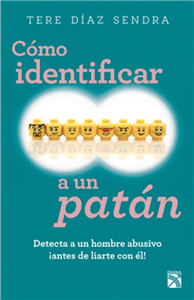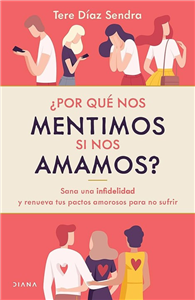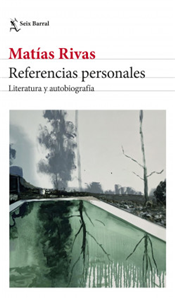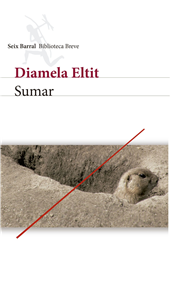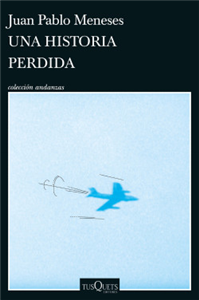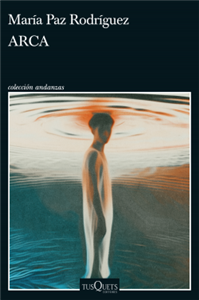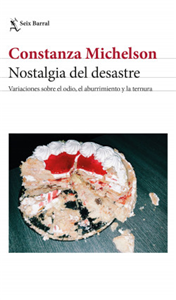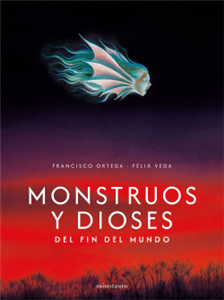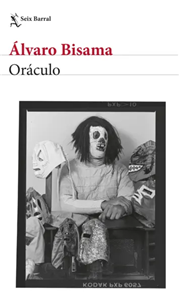Grupo Planeta
Grupo Planeta is Spain’s leading family-owned publishing and media group and it boasts an extensive product offering at the service of culture, learning, news and audiovisual entertainment. In the years since Editorial Planeta was founded in Barcelona by José Manuel Lara Hernández, in 1949, the Group has become a multinational enterprise. It combines a solid business tradition with its capacity for innovation and its European and international vocation, with an especially prominent presence in Spain, France, Portugal and Latin America.
View Rights Portal


